oneAPI DevSummit Hosted by UXL Foundation 2024
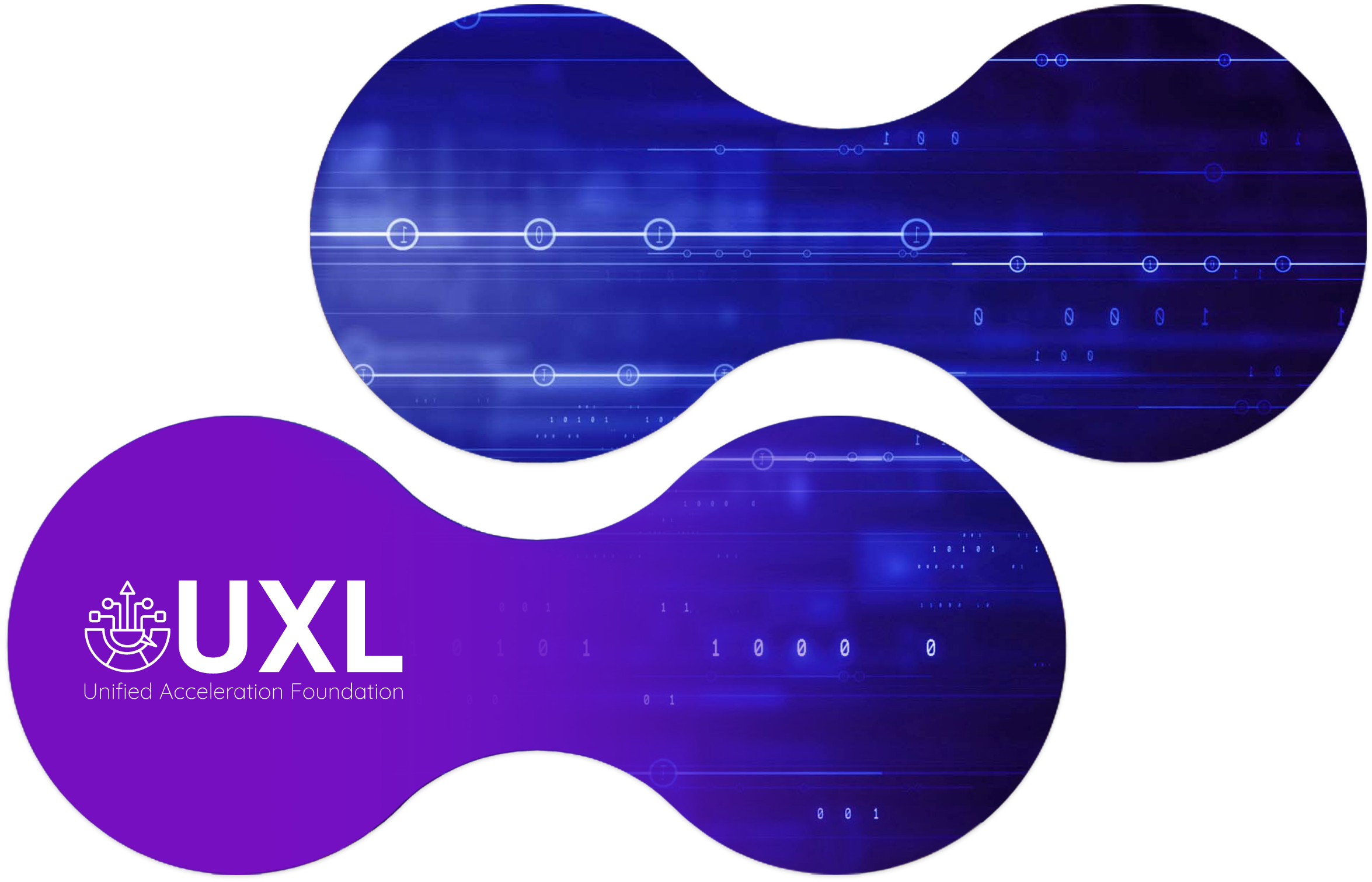

Join us for an in-depth showcase of oneAPI specification along with open-source projects that implement oneAPI specification. oneAPI is designed to enable developers to use a single code base across multiple accelerators and architectures, supporting artificial intelligence, high performance computing, edge computing, automotive, and more.
Hosted by the UXL Foundation, this community-led conference brings together developers to explore, share, and showcase the capabilities of oneAPI through hands-on tutorials, demos, technical talks, and panel discussions.
We welcome you for two days across global time zones to discover how oneAPI is being used today and explore its future. Join our ever-growing community.
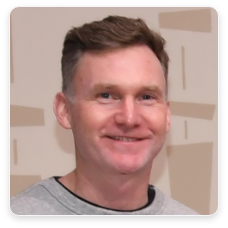
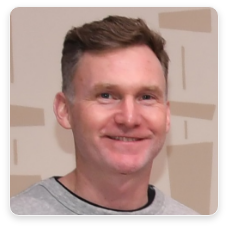
Rod has been helping developers build highly accelerated software for projects used on both supercomputers and embedded systems at Codeplay for more than 7 years. By organizing regular tutorials and workshops for developers at conferences such as ISC, SC, and CppCon, he has helped many developers learn about the open standard SYCL programming model. Rod is the UXL Foundation Chair and is focused on building the largest open ecosystem for developers using processors classified as accelerators.


Dave is the upstream Linux GPU maintainer, a major contributor to the Linux GPU stack across the kernel and user space, and works for Red Hat on Linux and AI products in the GPU and accelerators space.

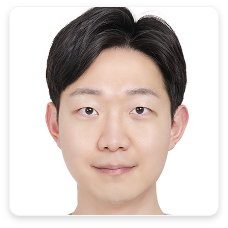
Bongjun Kim is currently a Staff Researcher at Samsung Advanced Institute of Technology (SAIT). Bongjun’s primary research interests lie in the design of universal compilers for diverse computing platforms, leveraging compiler infrastructures such as LLVM and MLIR. Bongjun focuses on enhancing computational efficiency and performance by integrating cutting-edge compiler technologies across various hardware architectures.

Hanwoong Jung is a Principal Researcher at Samsung Advanced Institute of Technology (SAIT). He received his BS degree in information and computer engineering from Ajou University in 2009, and his MS and PhD. degrees in electrical engineering and computer science from Seoul National University in 2011 and 2016, respectively. His research interests include everything about AI SW, specifically focusing on deep learning compilers, LLVM/GCC compilers, parallel programming models, and SW optimization methodologies.

Received a BS, MS, and PhD in POSTECH Research at Samsung Advanced Institute of Technology.


An aerospace engineer who turned entrepreneur, spinning off a deep tech research project into a startup in the manufacturing industry in Germany.
Participated in projects with NASA Innovative Advanced Concepts, MIT GeneSys, Artefact Data Consulting, and Fraunhofer IPT.
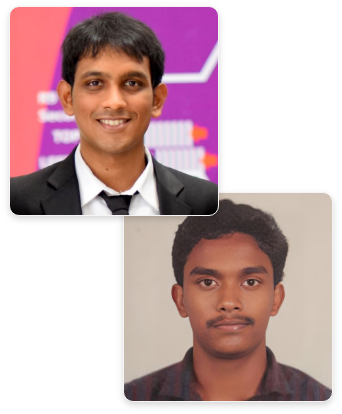
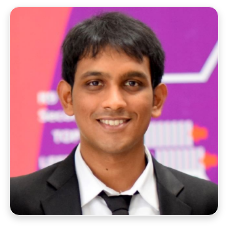
Rakshith G B is a Senior Engineer at FRIPL, leading R&D efforts in tuning oneDAL for ARM platforms. With extensive experience in high-performance computing, he specializes in optimizing software for computer vision, video compression, and machine learning applications. His work has significantly advanced the efficiency and scalability of data analytics libraries on ARM architectures.

Dhanus joined Fujitsu Research India as a Software Developer in 2023. Prior to this role, he earned his BSc (Research) and MSc in Mathematics from the Indian Institute of Science, Bangalore. His areas of interest include theoretical computer science, computational mathematics, software performance analysis, and related fields. Dhanus has also contributed to several open-source projects.


Founder and CEO of Codeplay, pioneer in performance acceleration technologies for everything from videogames to self-driving cars. Codeplay is now a subsidiary of Intel. Previously, developer of hit videogames such as Pete Sampras Tennis for the Sega Megadrive/Geneses.


Rafal Bielski started his career as a particle physics researcher passionate about high-throughput processing of large datasets. His interests led him to working for 5 years as a C++ software developer at CERN, creating and optimising a real-time data processing framework for a dedicated computing farm in one of the Large Hadron Collider experiments. In 2023, Rafal has joined Codeplay Software where he employs his passion for high-performance computing to facilitate others in achieving the best performance in parallel processing with SYCL.
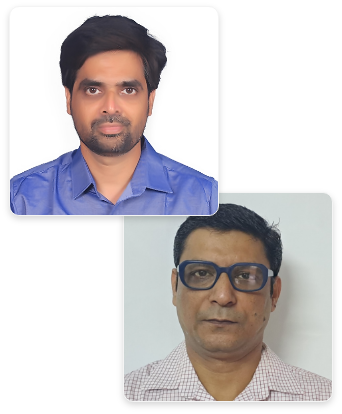

With over 20 years of experience in the semiconductor industry, Srihari specializes in embedded software development, and parallel programming on XPUs. As a Lead Technical Consulting Engineer at Intel, his focus is on empowering developers to optimize their applications for maximum performance and scalability across various architectures using oneAPI.

Judhajit is currently working as R&I Lead of HPC and Computer Architecture in TCS. He has two decades of expienece in, HPC/Supercomputing, AI Systems and Computational Engineering, Heterogeneous Computing
Computer Architecture and compiler toolchain and accelerated libraries, Silicon Engineering and Device and System Packaging, Performance engineering, Several areas of Quantum computing ecosystem.


Dr. Priyanka Sharma specializes in AI-enabled system design, development, and deployment. She is currently Director of Software Engineering at Fujitsu Research of India (FRIPL), heading the MONAKA R&D Unit (HPC-AI Lab). Dr. Sharma is also Vice Chairman (Technical) in several IEEE societies. Before FRIPL, she was Vice President Projects – AI at Samyak and an AI Advisor to startups in AI, Deep Learning, and Drug Discovery. She has served as an AI Advisor at a National Defense University in India and was a NVIDIA Deep Learning Ambassador. With over 50 research papers published, she has mentored Solution Architects and AI startup communities in strategic planning and branding.


Rod has been helping developers build highly accelerated software for projects used on both supercomputers and embedded systems at Codeplay for more than 7 years. By organizing regular tutorials and workshops for developers at conferences such as ISC, SC, and CppCon, he has helped many developers learn about the open standard SYCL programming model. Rod is the UXL Foundation Chair and is focused on building the largest open ecosystem for developers using processors classified as accelerators.


Evgeny is a well-recognized industry leader with over 25 years of experience in adopting new technologies in Medical Imaging. For last 20 years Evgeny worked at GE Healthcare and currently serves as a Chief Engineer of GE Healthcare Digital Platforms. Evgeny’s contribution to the field defines modern medical imaging: he designed the first PC-based ultrasound, led 3D ultrasound projects and revolutionized CT and PET image reconstruction by introducing and leading adoption of the state-of-the-art technologies. Evgeny has held variety of leadership positions in the medical equipment industry – Project Manager with Diasonics Ultrasound, SW Manager and Site Support Manager with Insightec, and Functional Manager, Principal Engineer, and Chief Engineer with GE Healthcare. In his current role of Chief Engineer with GE Healthcare Digital Platforms, Evgeny owns Compute Platform and technology roadmap for GEHC Healthcare latest innovation – Edison HealthLink. He manages technical relations with GE Healthcare strategic partners in computing industry and leads evaluation and adoption of cutting-edge computing technologies.
Evgeny has 9 US patents and is a recipient of prestigious GE R&D Dushman Award.


Dave has worked in the semiconductor industry in the field of accelerated computing at the edge for nearly 3 decades. Sarting out in embedded DSP algorithm development for the first generations of GSM chipsets, long before the term “accelerated computing” was popularised and back when the words “the Edge” unambiguously referred to the Guitarist from U2.
Dave has held management positions in Software engineering, Applications engineering, Ecosystem partnerships and Product management at a number of high-profile companies, including Intel-Movidius where he was deeply involved with bringing the first generations of AI compute accelerators to market; technologies that have culminated in the AI PC.
At Imagination Dave is focused on the AI/Compute strategy and the whole software product offering, including ecosystem engagement onto open standards and open-source projects. Dave was at Intel during the inception of the oneAPI initiative and now represents Imagination as an active member of the UXL Steering Committee.
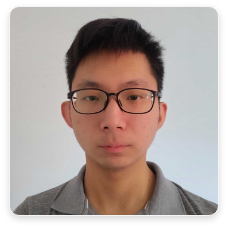

Yu-Hsiang Tsai is a research scientist at Technical University of Munich. He obtained his PhD in Computer Science from Karlsruhe Institute of Technology, Germany. His research interests include HPC, portability, multigrid methods and mixed-precision algorithms. He is a core developer of the Ginkgo software.


Dr. Joseph is the cofounder and CEO of RooflineAI, an AI compiler startup based in Cologne, Germany. In previous roles, he led a research group at RWTH Aachen University and worked at Georgia Tech on computer architectures for AI accelerators. Dr. Joseph has won multiple awards, including the HiPEAC Technology Transfer Award for his successful efforts to bring research from academia into industrial products. He is also a member of the “Junges Kolleg” of the Academy of Arts and Sciences of NRW, one of the highest honors for researchers under the age of 36 in Germany.


Ivan is finishing his first year of a PhD in Data Science at EURECOM under the supervision of Professor Raja Appuswamy. His work focuses on heterogeneous, open-standard data analytics. In his day-to-day tasks, he develops cross-architecture database algorithms and investigates performance-portable implementation techniques on a variety of processing hardware. Previously, he worked on CPU performance profiling within the ROOT DataFrame at CERN.


Founder and CEO of Codeplay, pioneer in performance acceleration technologies for everything from videogames to self-driving cars. Codeplay is now a subsidiary of Intel. Previously, developer of hit videogames such as Pete Sampras Tennis for the Sega Megadrive/Geneses.

Andrew leads Arm’s Open Source Office as well as upstream interactions. He also sits on a number of industry and software bodies/projects including Yocto Project, FreeBSD Foundation, Xen, UXL Foundation, LF Edge & PyTorch Foundation.

Eleanor has worked in the technology sector for over a decade and has a wealth of knowledge that spans semiconductor engineering, wireless communication, and game development. At Imagination she works side-by-side with the product, engineering, and sales teams to build effective go-to-market strategies for their solutions and help transform the company’s innovation into business outcomes.

Ramesh Radhakrishnan is an Experienced Technology Strategist with a demonstrated history of working in the information technology and data center infrastructure industry. Strong engineering professional skilled in Server Architecture and Performance, Data Center Workloads, Hybrid Cloud and Technical Leadership.


Juan Fumero is a Research Fellow, working as part of the Advanced Processor Technologies (APT) Research Group at The University of Manchester on Heterogeneous Virtual Machines and language runtime systems for the acceleration of applications using Graphics Processing Units (GPUs) and Field Programmable Gate Arrays (FPGAs). He is also the software architect of the TornadoVM project.
Currently, he collaborates with Intel to bring oneAPI into the TornadoVM framework to perform optimizations for Intel compute architectures (xPUs). He is also an Intel Innovator and participates in the Level Zero Technical Advisory Board, helping to shape the next versions of the Level Zero APIs for managed runtime programming languages.


Alex joined Imagination in 2002, shortly after gaining an honours degree in Artificial Intelligence & Computer Science from the University of Birmingham. Since then, he has contributed to almost all areas of software engineering within the business including Digital Video, Digital Communications and Graphics Processing Units. With a personal interest in AI, and extensive knowledge of the company’s IP he now helps shape the company’s future as a member of the Technology Office.

With 15 years of experience in engineering, specializing in performance and power optimization, and defining APIs for open-source AI frameworks, Manuj has significantly contributed to bringing AI to Windows PCs. Currently serving as the Director of AI Software Product at Qualcomm, Manuj is at the forefront of advancing AI software to enhance the Snapdragon XElite experience.
Leveraging oneAPI, including SyCL, Manuj has accelerated AI on edge devices, demonstrating a deep understanding of cutting-edge technologies. At Qualcomm, he collaborates with cross-disciplinary teams, manages feature roadmap planning, and engages with customers to deliver top-tier AI solutions. By partnering with customers across the edge ecosystem on Windows, Manuj has helped organizations integrate state-of-the-art AI technologies into their products.

Chair of the Safety-Critical SIG in UXL. Chair of the SYCL SC Working Group in Khronos, developing a version of SYCL specifically for Safety-Critical systems.

With over 25 years experience across systems and software, Christopher is responsible for leading Arm’s automotive software and solutions portolios. Previously Christopher has worked for a range of fabless semiconductor design companies such as Broadcom, Qualcomm and Infineon, and holds multiple Computer Science degrees.

Zain Khawaja is Senior Tech Lead at Autoware. He is driving the development of PoV autonomy based on #Autoware software and is instrumental in preparing Autoware for the prime time, ready to be used by OEMs and Tier1s in their autonomous vehicle development journey by lowering the entry barrier into the autonomous vehicle domain. Zain has a wealth of autonomy experience accumulated from his prior experience at Oxa and his startup Propelmee, which still holds the record for the longest fully recorded autonomous drive in the UK.


Practicing cybersecurity leader, expert, and engineer (15+ years in the industry), (ISC)2 CC (Certified in Cybersecurity). Experienced in the Security Development Lifecycle (SDL) from Architecture to DevSecOps and Incident Response. Business Development – launched new products and services. Managed complex security projects. Advised customers on cybersecurity strategy. Managed Pentest and AppSec teams. Leads SW Security at Intel, helping teams grow in Security and managing Product Security programs; recognized as Intel Brown Belt in Security. Engaged in Open Source initiatives: Security Champion for UXL (Linux Foundation), member of OpenSSF working groups. Public speaker, security evangelist, trainer at universities and educational centers, mentor and consultant for startups.


Rupak is a Software Technical Consulting Engineer at Intel Corporation. He graduated from Florida State University in Computer Science. He has expertise in Profiling/Optimizing CPU, GPU, and NPU Applications using Intel Analyzers. He also has experience working with Intel Compilers, and Intel AI (Artificial Intelligence) tools. He has also worked on many projects that use parallel and heterogeneous programming models.


Kyle is a senior software developer at Fermilab, responsible for developing and leading computing framework efforts to meet the data-processing needs of many of Fermilab’s experiments.

Saba Sehrish is a computer science researcher at Fermi National Accelerator Laboratory and is currently involved in developing frameworks for high-energy physics.

Marc Paterno is a computer science researcher at the Fermi National Accelerator Laboratory. His research interests include the design and development of frameworks and libraries for large-scale collection, simulation, and analysis of data in high energy physics. He has a PhD. in Physics from the State University of New York at Stony Brook.

Chris has been developing in C++, mainly scientific frameworks and algorithms with a side-order of build systems and packaging, for more than 25 years. Current activities include development of a revolutionary new framework for a major upcoming physics experiment, and build system, framework, and packaging support for existing experiments.


David Hardy is a Senior Research Programmer at the University of Illinois at Urbana-Champaign and the lead developer of NAMD. He earned his PhD in Computer Science from UIUC in 2006 and received the Gordon Bell Special Prize in 2020 for collaborative COVID-19 research, performing the earliest all-atom SARS-CoV-2 virus simulations with NAMD.


Abhishek (Abhi) Bagusetty is an Assistant Computational Scientist at the Leadership Computing Facility (LCF) of Argonne National Laboratory. He holds a PhD in Computational Modeling and Simulation (Chemical Engineering) from the University of Pittsburgh. Later, he joined the ALCF in 2020, and his research interests are high-performance computing, GP-GPU programming models (SYCL, CUDA, OpenCL), and molecular simulation of materials.